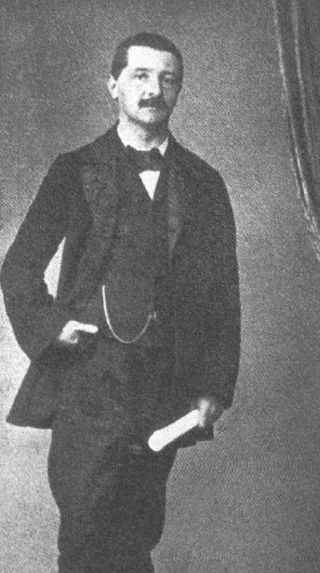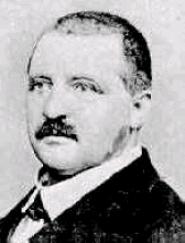
The Missa solemnis, WAB 29, is a solemn mass composed by Anton Bruckner in 1854 for the installation of Friedrich Mayer as abbot of St. Florian Monastery on 14 September 1854.

Psalm 146 in A major by Anton Bruckner is a psalm setting for double mixed choir, soloists and orchestra. It is a setting of verses 1 to 11 of a German version of Psalm 147, which is Psalm 146 in the Vulgata.

Bruckner's Psalm 22, WAB 34, is a setting of a German version of Psalm 23, which was psalm 22 in the Vulgata.

Bruckner's Psalm 114, WAB 36, is a psalm setting of verses 1 to 9 of a German version of Psalm 116, which is Psalm 114 in the Vulgata.

Ave Maria, WAB 5, is a setting of the Latin prayer Ave Maria by Anton Bruckner.

Libera me, WAB 21, is the first of two settings of the absoute Libera me, composed by Anton Bruckner in c. 1843.

Tantum ergo, WAB 44, is the last of eight settings of the hymn Tantum ergo composed by Anton Bruckner in c. 1854.

The two Totenlieder, WAB 47/1 & 47/2, are elegies composed by Anton Bruckner in 1852.

The Mayer Cantata, WAB 60, is a cantata composed by Anton Bruckner in 1855. It is the second of three larger-scale occasional compositions, and the composer's first extended composition for large wind ensemble and choir.

The Festgesang, WAB 15, is a cantata composed by Anton Bruckner in 1855.

The cantata Entsagen (Renunciation), WAB 14, is a cantata composed by Anton Bruckner in c. 1851.

Vergißmeinnicht (Forget-me-not), WAB 93, is a cantata composed by Anton Bruckner in 1845.

The Marsch in E-flat major, WAB 116, is a military march composed by Anton Bruckner in 1865.

Nachruf ("Obituary"), WAB 81a, is a song composed by Anton Bruckner in 1877 in memory of Joseph Seiberl. The song is better known as its 1886 reissue as Trösterin Musik, WAB 81b.

Du bist wie eine Blume, WAB 64, is a song, which Anton Bruckner composed in 1861.

Der Lehrerstand, WAB 77, is a song composed by Anton Bruckner in c. 1847 during his stay in Sankt Florian.

Das edle Herz, WAB 66, is a song composed by Anton Bruckner in December 1857 during his stay in Linz. During his stay in St. Florian, Bruckner had already composed a first setting of the song for men's choir, WAB 65.

Herbstkummer, WAB 72 is a lied composed by Anton Bruckner in 1864.
















